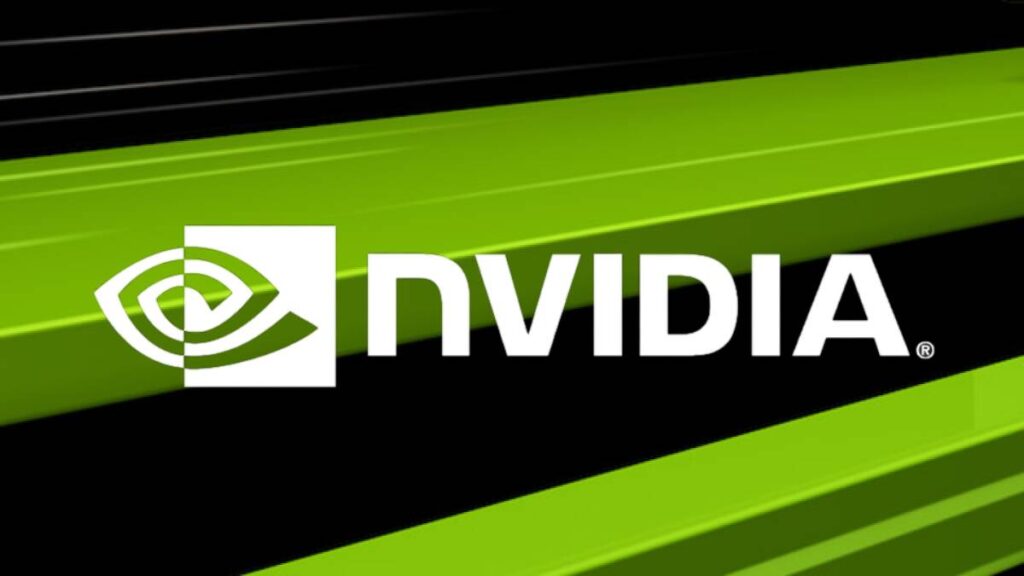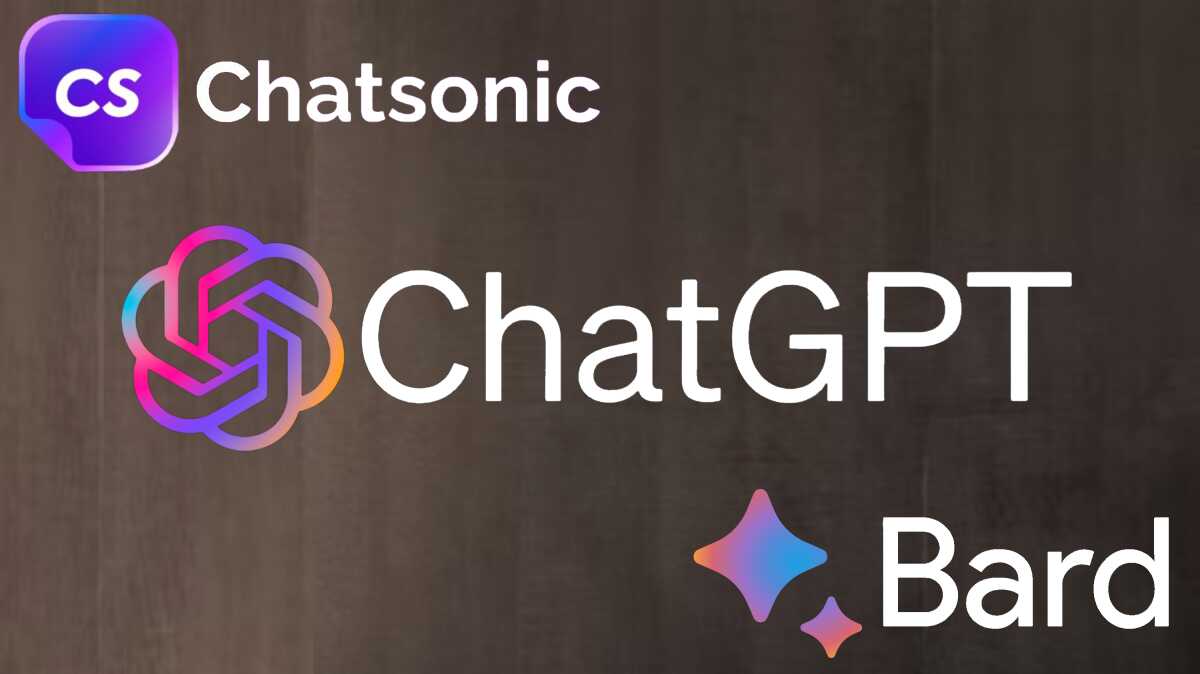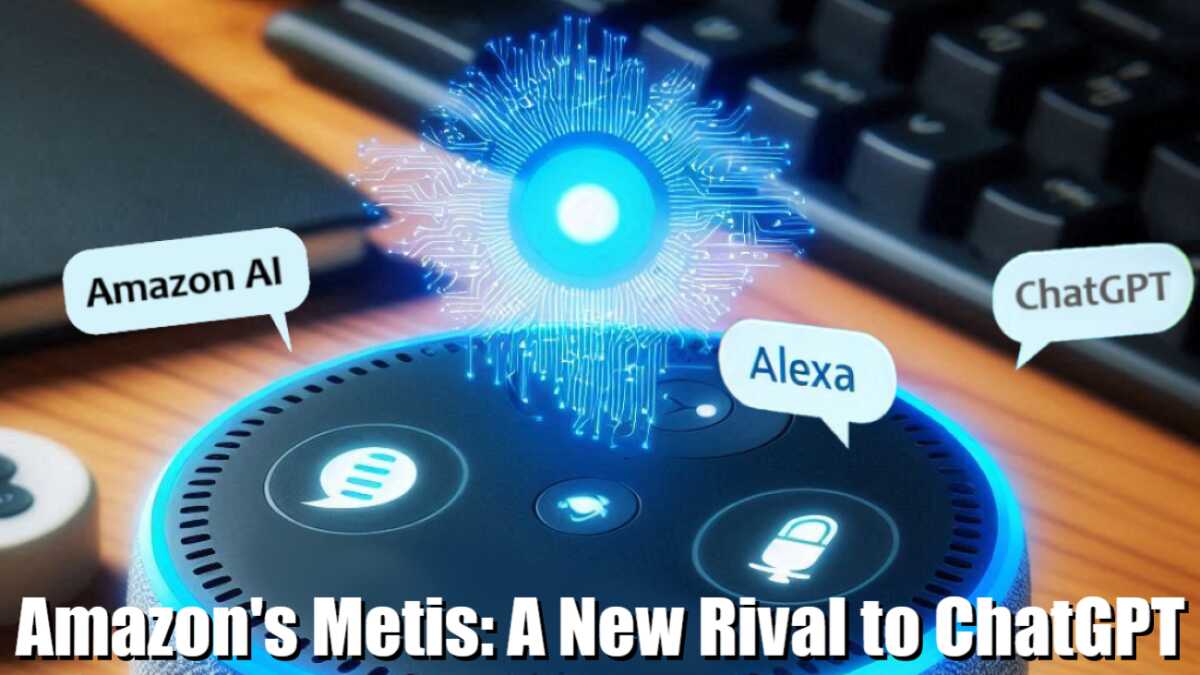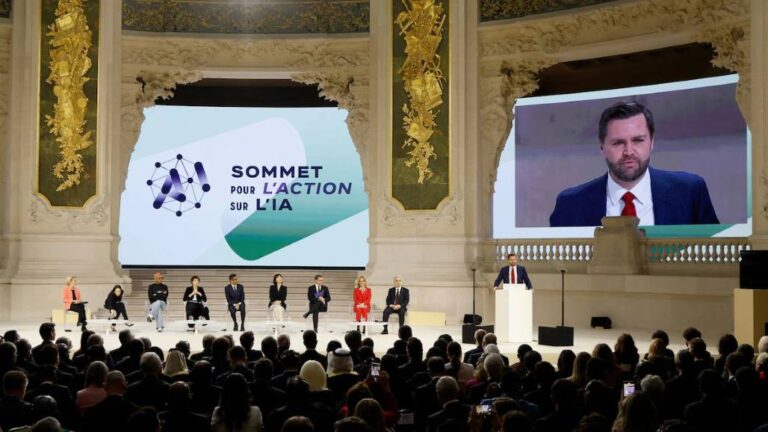NVIDIA’s $500 Billion Valuation Dip: Game Theory Proclaims the AI Bubble is Far from Bursting
Despite losing $500 billion in value, NVIDIA is still in a strong position. According to game theory, the AI bubble isn’t close to bursting and still shows promise for future growth.

In today’s world, the rhythm of technological advancement never pauses and NVIDIA is a company that has wholeheartedly embraced the AI revolution. But it is at a crossroads. Today, the company’s stock plunged to its lowest value in two months. NVIDIA’s valuation was slashed by no less than $500 billion.
This decline has become a vindication for those who say that the so-called AI bubble is dying. However, a keener understanding of the mechanics of corporate strategy and game theory says something else. Perhaps the bubble is still firmly intact. In fact, it may be inflating at an unprecedented pace.
Market Impact: NVIDIA’s Correction and the Vulnerability of Tech Giants
A 15% correction in NVIDIA’s market cap, from its June peak of $3.335 trillion to $2.820 trillion, has sent ripples through the market. The decrease in the company shares comes along hand-in-hand with the apparent vulnerability of the other giants of the “Magnificent 7”. This has people thinking that AI’s popularity is going down.
Analysts like Steve Clayton from Hargreaves Lansdown are quick to sound the alarm. They interpret these market fluctuations as signs of a catastrophic bubble burst.
As if to add insult to one’s own injury, NVIDIA’s top executives, including CEO Jensen Huang, sold off significant portions of their holdings earlier this month. This selloff came just ahead of a planned 10-for-1 stock split.
Analysts and stock traders are somewhat surprised at this move. According to Fortune, there was no single reason behind the sudden selloff. But as a general principle, rapid climbs in stock value often make them vulnerable to sharp retreats, with NVIDIA being a great example of this. There were no words out of the horse’s mouth, however, because the company refused to comment on these transactions.
The tenet of the belief that AI is doomed is that there is a large difference between capital expenditures (CapEx) and immediate revenue generation; the former is high and the latter is low. Goldman Sachs recently spotlighted this issue, posing a critical question: where are the tangible benefits of the rampant AI-related CapEx? MIT’s Daron Acemoglu furthered this argument by suggesting that AI will impact less than 5% of all productive tasks in the US over the next decade.
Strategic Investment and Competitive Behavior in the AI Arms Race
Despite these warnings, corporate titans will not stop. Never before have AI initiatives seen so much money in investments. Billions of dollars are being poured in. Recently, the CEOs of Meta and Google reiterated their commitment to escalating AI investments. The primary motivation is an intense fear of being outpaced in this technological arms race.
This unyielding commitment is not irrational. It is more like strategic behavior influenced by game theory. Sequoia Capital’s analysis explains this phenomenon: “The arms race between Microsoft, Amazon, and Google is thus game theoretic. Every time Microsoft escalates, Amazon is motivated to escalate to keep up. And vice versa. We are now in a cycle of competitive escalation between three of the biggest companies in the history of the world, collectively worth more than $7 trillion.”
Drawing comparisons with the past, some readers might recall the dot-com bubble that burst around the turn of the millennium. Networking giant Cisco, for instance, briefly became the world’s most valuable company before losing around 80% of its value the following year. Part of the reason was that telecom operators drastically cut back on infrastructure spending.
A similar comparison was made by Bloomberg writer and ex-Reg vulture Ashlee Vance, who asked on Twitter: “If Nvidia is to the AI boom as Sun Microsystems was to the dotcom boom, then what will happen? Like Sun, Nvidia has engineered much of its hardware stack from the chip to the networking to work well with the software of the moment.”
Vance went on to say “Nvidia has a window. The question is simply how long it will take to close.” This could be as short as three years, he speculated. That is if someone is able to make a chip that drastically outperforms Nvidia on training and/or inference. “It could also be a 15-year window if it takes a large confluence of engineering factors and risk and new thinking to close the gap or change the problem altogether. Place your bets,” he concluded.

To understand the AI arms race, we don’t need complicated jargon. The word “competitiveness” succinctly sums it up. Corporate companies are fortified by vast cash reserves and locked in a defensive stance. They invest heavily in AI infrastructure to safeguard their market positions and fend off encroachments. The fear of missing out and the allure of future dominance are the two primary reasons for this behavior, even in the face of immediate financial uncertainties.
People are convinced that AI is destined to bring about a transformation. This is just another reason for the investment surge in CapEx. The belief is that AI innovation will soon surpass the pace of physical infrastructure development. With such a stance, it is hardly surprising that companies should try to invest preemptively to stay ahead of the curve.
Recent declarations from Google’s Sundar Pichai and Meta’s Mark Zuckerberg tell us this crucial fact: The AI arms are anything but done. As long as these corporate titans perceive the stakes to be astronomically high, they will continue to outspend each other for the top spot. Consequently, the current downturn in NVIDIA and other mega-cap tech stocks is likely a temporary phase.
By and large, while people say that the AI era has become a bygone, game theory and the actions of industry leaders point in the other direction. The AI arms race, driven by fear, optimism, and strategic posturing, ensures that the AI bubble if it can even be called that, is not bursting. Rather, it is evolving into something more resilient and enduring.





